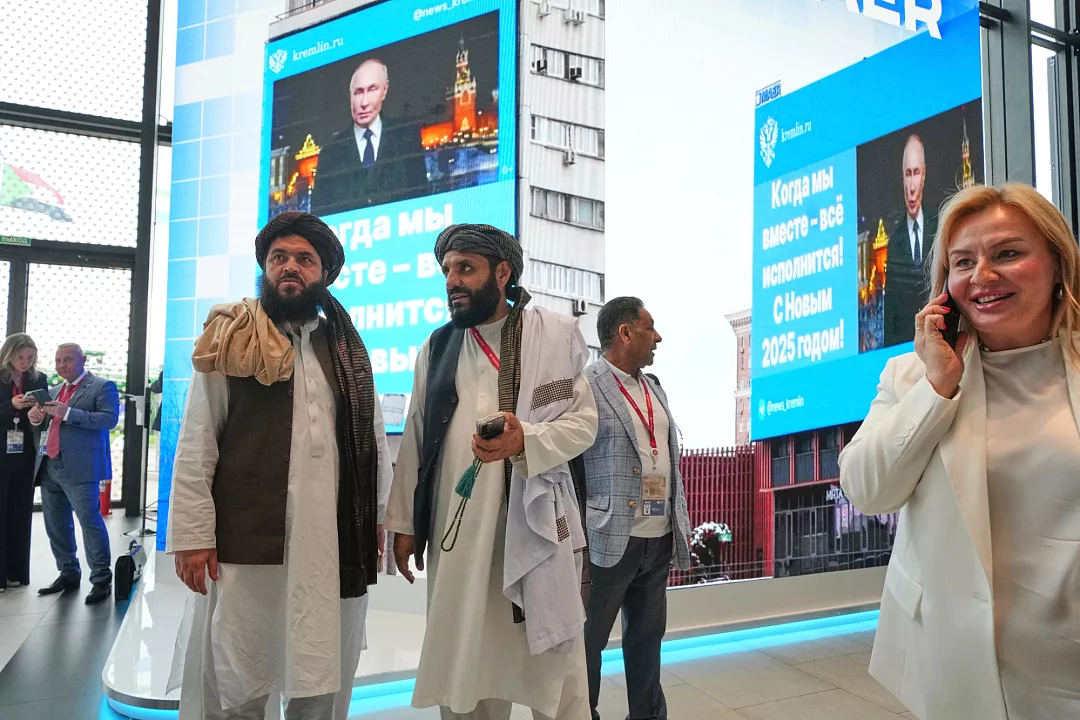New Delhi: Dr Manmohan Singh‘s critics often labelled him as a “silent Prime Minister”, taking a dig at his reticent demeanour during his decade-long tenure at the helm of the UPA government from 2004 to 2014. However, there were moments when the former PM defended himself.
In 2018, at the launch of ‘Changing India’, a six-volume book set in which Dr Singh chronicled thoughts on his career as an economist who was instrumental in India liberalising its market to him becoming the PM, he stood his ground.
“People say I was a silent Prime Minister. I think these volumes speak for themselves. I wasn’t the PM who was afraid of talking to the press. I met the press regularly, and on every foreign trip I undertook, I had a press conference on return. So there are a large number of those press conferences whose results are also described in the book,” Dr Singh said.
Also See: India Faces Diplomatic Challenge as Bangladesh Calls for Extradition of Sheikh Hasina
Dr Singh, India’s 14th PM and one of its most respected economists, died last night at the All India Institute of Medical Sciences (AIIMS) in New Delhi. He was 92.
Born on September 26, 1932, in Gah, Punjab (now in Pakistan), Mr Singh’s journey stretched from an academically gifted student in a village with no electricity to one of India’s most influential leaders. After earning a First-Class Honours degree in Economics from the University of Cambridge in 1957, he pursued a D.Phil. in Economics at Oxford. He began his career as an academic, teaching at Punjab University and later the Delhi School of Economics, before moving into public service.
Dr Singh’s appointment as Finance Minister in 1991 by then Prime Minister PV Narasimha Rao marked the turning point for India’s economy. At a time when the country was on the brink of financial collapse, Dr Singh ushered in sweeping liberalisation reforms. He dismantled the licence raj, unshackled private enterprise, and repurchased the gold reserves India had mortgaged just months earlier.
His work earned him recognition as the architect of modern India’s economic framework.
This news is sourced from NDTV and is intended for informational purposes only.

![Dr. Manmohan Singh, the "silent Prime Minister," dies at 92, remembered for his economic reforms and leadership [Image via Business Today]](https://southasiatimes.org/wp-content/uploads/2024/12/676d87bbba1fe-manmohan-singh-served-as-prime-minister-from-2004-to-2014-264333889-16x9-1.webp)
![Truck traveling along the Makran Coastal Highway in Balochistan, with rugged cliffs and the Arabian Sea coastline in the background [Image via Getty Images].](https://southasiatimes.org/wp-content/uploads/2026/02/Balochistan-2.webp)


![Afghan men search for victims after a Pakistani air strike hit a residential area in the Girdi Kas village, Nangarhar province on February 22, 2026. [Aimal Zahir/AFP/Getty Images]](https://southasiatimes.org/wp-content/uploads/2026/02/gettyimages-2262391441.webp)
